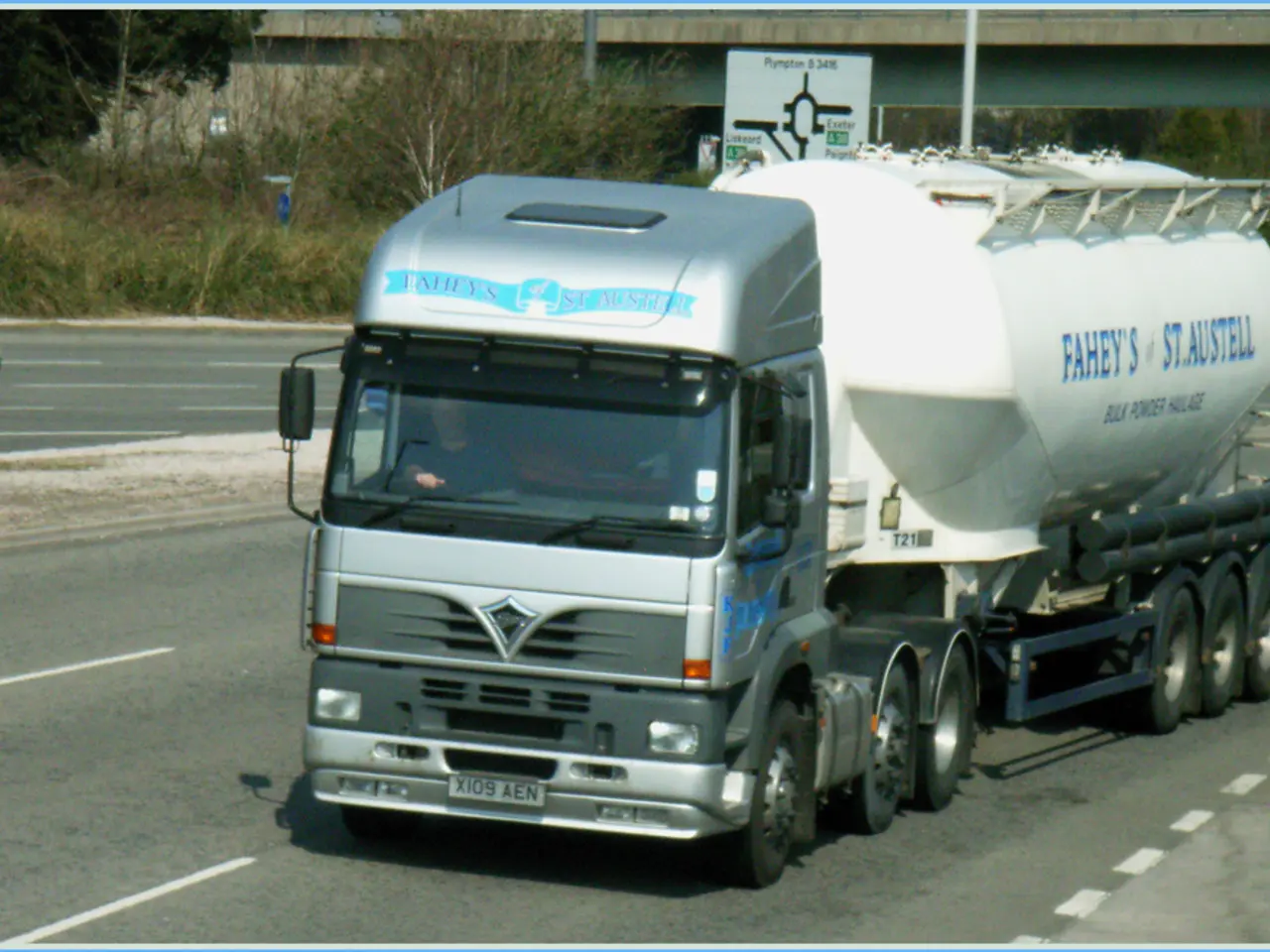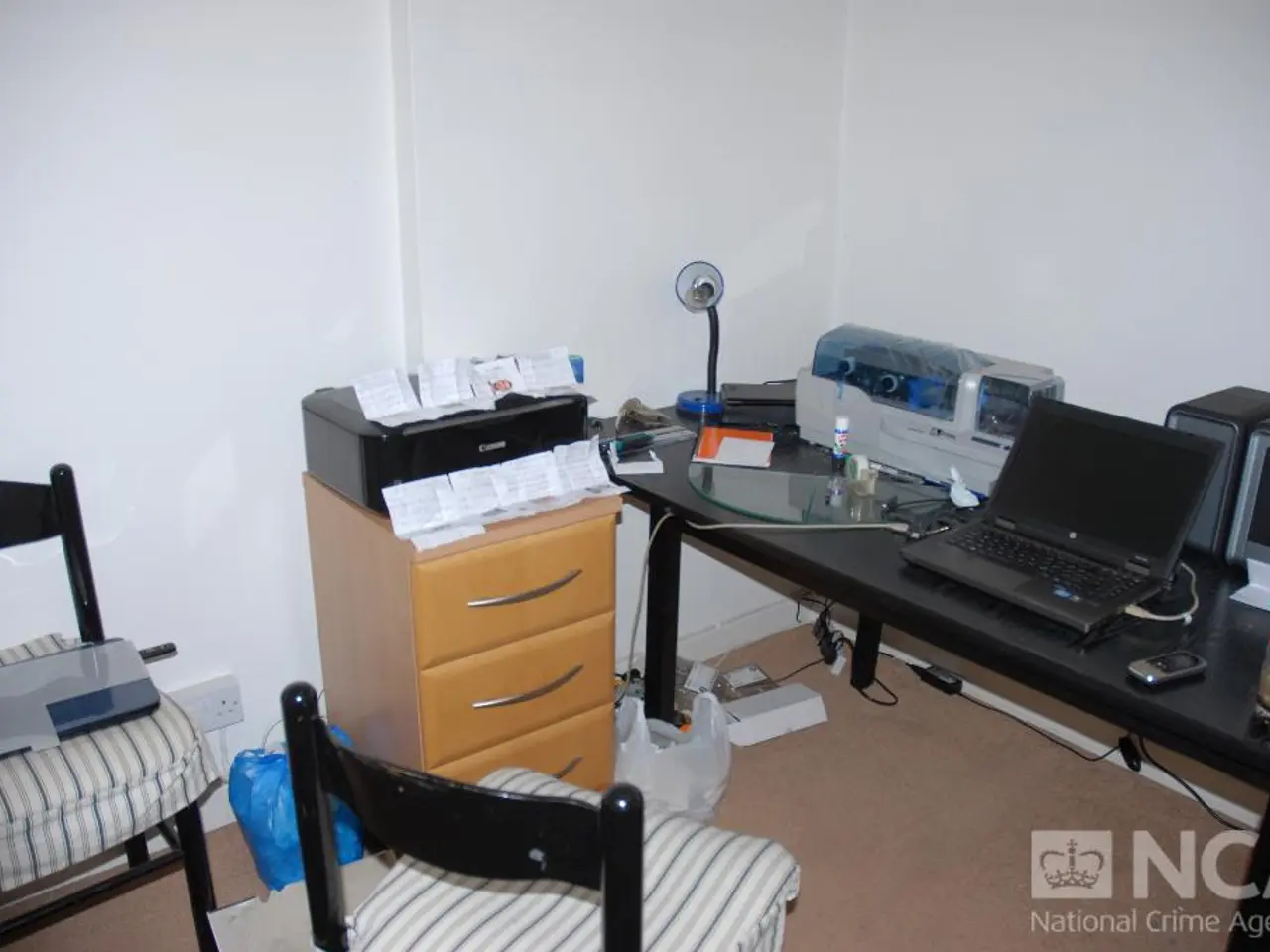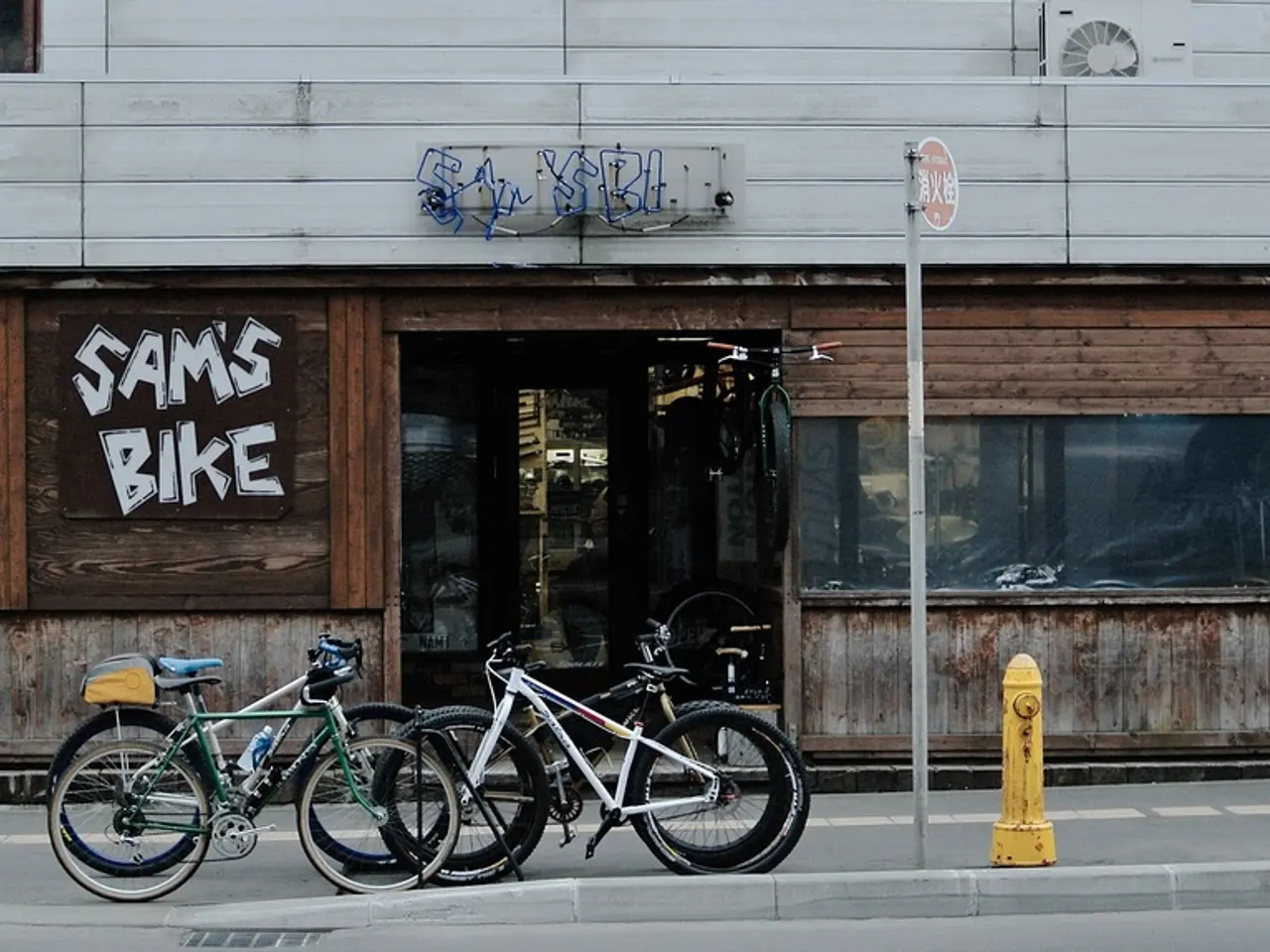Lawsuits and Reverse Stock Split Announced by Mullen/Bollinger (BINI) News
Bollinger Innovations Faces Legal and Financial Challenges Amidst EV Market Shifts
Bollinger Innovations, Inc. (BINI), formerly known as Mullen Automotive, is currently navigating a turbulent period marked by supplier lawsuits and financial strain as it focuses on commercial electric vehicle (EV) manufacturing.
The company, based in Detroit, Michigan, is under scrutiny due to a series of supplier lawsuits totaling over $5 million in unpaid invoices. Wurth Electronics ICS of Ohio, Auto Metal Craft Inc. of Michigan, Webb Wheel Products of Alabama, Productivity Team LLC, and Human Capital Ventures are among the plaintiffs in these lawsuits.
CEO David Michery acknowledged in a June interview that the company had roughly $24 million in outstanding accounts payable. In an effort to address this issue, Bollinger is reportedly committed to resolving accounts payable with its supplier network. However, court records indicate a rising tide of unresolved legal claims despite Michery's claims of steps to settle debts.
The litigation is casting a long shadow over the company’s operations, indicating ongoing financial and operational stress. The stakes are higher than ever for the once-hyped EV manufacturer seeking to regain credibility, solvency, and market relevance.
In an attempt to boost its share price above the Nasdaq's $1 minimum bid threshold, Bollinger underwent a reverse stock split on August 4. The new CUSIP number following the adjustment is 62526P885, and the company is now trading as Bollinger Innovations (NASDAQ: BINI).
Despite the challenges, Bollinger remains optimistic about its future. Michery cited a $150 million equity line and $80 million in committed capital as key financial lifelines. He also stated that Bollinger recently paid Roush Enterprises nearly $1 million and remains in good standing with the firm.
However, the EV market is not favourable for Bollinger. The company is facing a sharp downturn in demand, a rollback of federal incentives, and tariffs on imported components. These factors, combined with the legal and financial challenges, pose significant hurdles for Michery's efforts to stabilize the business.
One of the suppliers, Tool House Inc., a Wisconsin-based equipment provider, claims Bollinger failed to pay $1.6 million for tools and installation support delivered in 2023. Bollinger's stock, which traded around 6 cents per share before the split, is now subject to scrutiny as it adjusts to the post-split trading environment.
In a bid to streamline operations, Bollinger is consolidating its California operations and repositioning itself under a new name and ticker. The company's electric Class 4 trucks are built through contract manufacturing with Roush Enterprises of Livonia, Michigan.
Recently, Bollinger paid founder Robert Bollinger $11 million to settle claims stemming from a loan he issued to the company earlier this summer. The settlement marks a significant step towards resolving internal disputes and focusing on the company's external challenges.
As Bollinger Innovations moves forward, it faces a complex web of financial and legal issues. The company's ability to navigate these challenges and secure its financial future will be crucial for its continued existence in the competitive EV market.
Technology advancements in the EV sector, such as those employed by Roush Enterprises in manufacturing Bollinger's electric Class 4 trucks, could potentially offset some of the financial and legal challenges experienced by Bollinger Innovations.
The company's venturing into sports vehicle production, if successful, might also help diversify its revenue streams and mitigate the impact of unfavorable market conditions in the technology industry.




